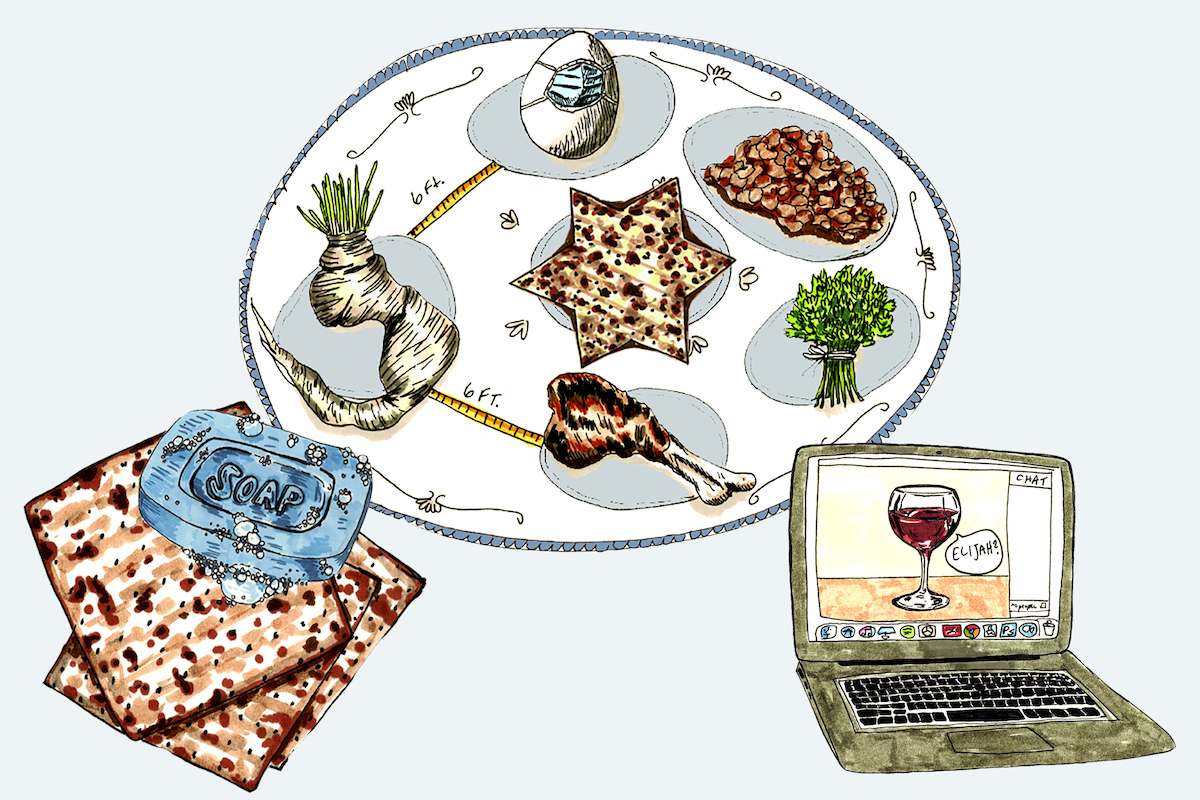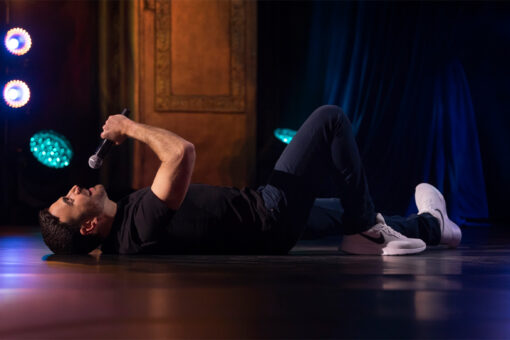Why is this Passover different from all other Passovers? Well, we probably don’t have to answer that for you. From the new significance of the hand-washing ritual to the Four Questions we’re actually asking ourselves this year, here are some alternative readings for your Passover haggadah for 2020.
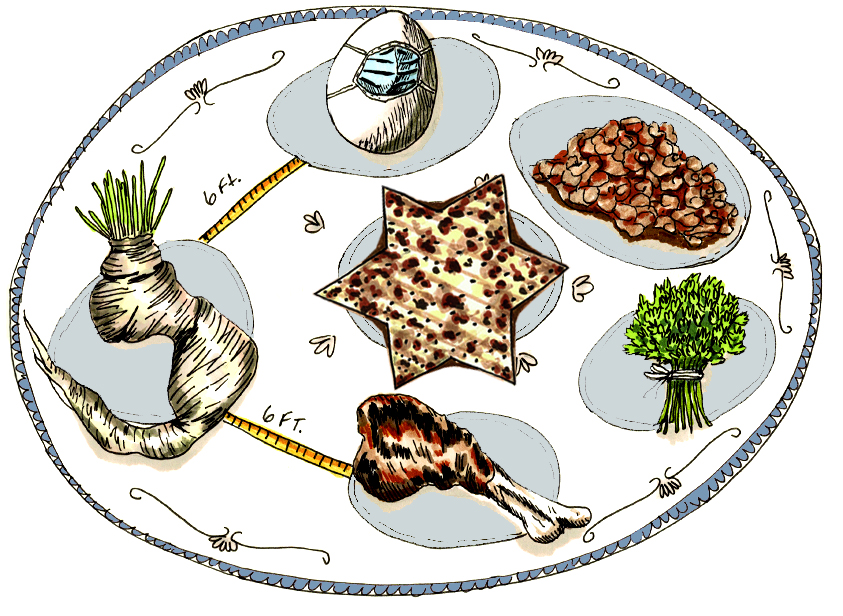
The Meaning of the Seder Plate
The Egg
The egg still represents the circular nature of life, but now its hard outer shell may also represent its personal protective equipment for venturing onto the seder plate. (Can never be too careful.)
Haroset (Walnut-Apple Paste)
This thick paste is like mortar, which was used to build all of the businesses that were forced to close their doors. There’s also wine in it, which represents our coping mechanism.
The Shank Bone
This now represents the bone you still nervously throw for your dog at the park, and then panic about how many germs he’s bringing it back with.
Bitter Herbs
These represent all of the recently laid-off workers who were told they had “nothing to worry about” mere weeks ago. It is very, very bitter.
Parsley
This is the vegetable that represents all the greens you have left in your fridge. It’s looking very sad.
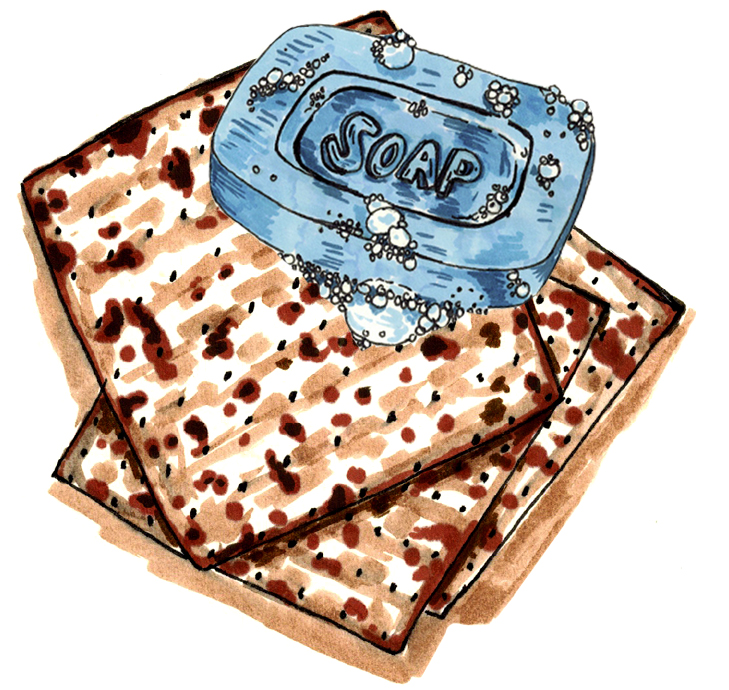
The Updated Order Of The Seder
- Recite the Kiddush.
- Wash the hands.
- Eat a green vegetable.
- Wash the hands again.
- Break the middle matzah and hide half of it for the afikomen
- Wash the other half of the matzah.
- Use the mulched cracker half as a kind of exfoliant to do one last round on the hands.
- Recite the Passover story.
- Humor anyone who needs to get “More like let my people go OUTSIDE, am I right?” off their chest.
- Wash the hands before the meal.
- Say the Hamotzi and the special blessing for the matzah.
- Eat the bitter herb. Like, a lot of it.
- Eat the bitter herb and matzah together while crying from the amount you just ate.
- Keep crying, just to let it out.
- Eat the “festival meal,” which in this case is any single dish you managed to put in the oven at 350 before seder began because let’s be honest, who has the energy?
The Four Questions
How is this night different from all other nights?
- On all other nights we may eat either leavened or unleavened bread; on this night, we have run out of yeast to make bread with.
- On all other nights we may eat any vegetable; on this night we are required to eat whatever we have left in the house, which so far is looking like a stalk of wilted celery and some questionable beans, apparently?
- On all other nights we are not bidden to dip our vegetables even once, though we generally do. On this night, thank God, we can double-dip in the safety of our own homes.
- On all other nights we eat our meals in any manner; on this night, we we sit around our laptops together getting matzah crumbs into the keyboard.
The Ten Plagues
Spill one drop of wine for each of the following plagues:
- Your Failed Attempts To Start Brewing Kombucha (Water into Blood)
- Exes Sliding Back Into Your DMs (Frogs)
- Tone-Deaf Brands Sending You “How We’re Fighting This — 10% Off” Emails (Vermin)
- The Fact That Your Dog Keeps Trying To Touch People (Wild Beasts)
- Every Single Person You Know Suddenly Going Live On Instagram (Pestilence)
- Raw Hands From Washing Them Too Much (Boils)
- Bad Weather, As If You Needed Another Reason To Stay Inside (Hail)
- Landlords Who Still Seem To Think You Can Afford The Rent (Locusts)
- The Fear That None Of This Is Ever Going To Get Better (Darkness)
- The Feeling That You May Never Want To Have Sex Again (Death Of First-Born)
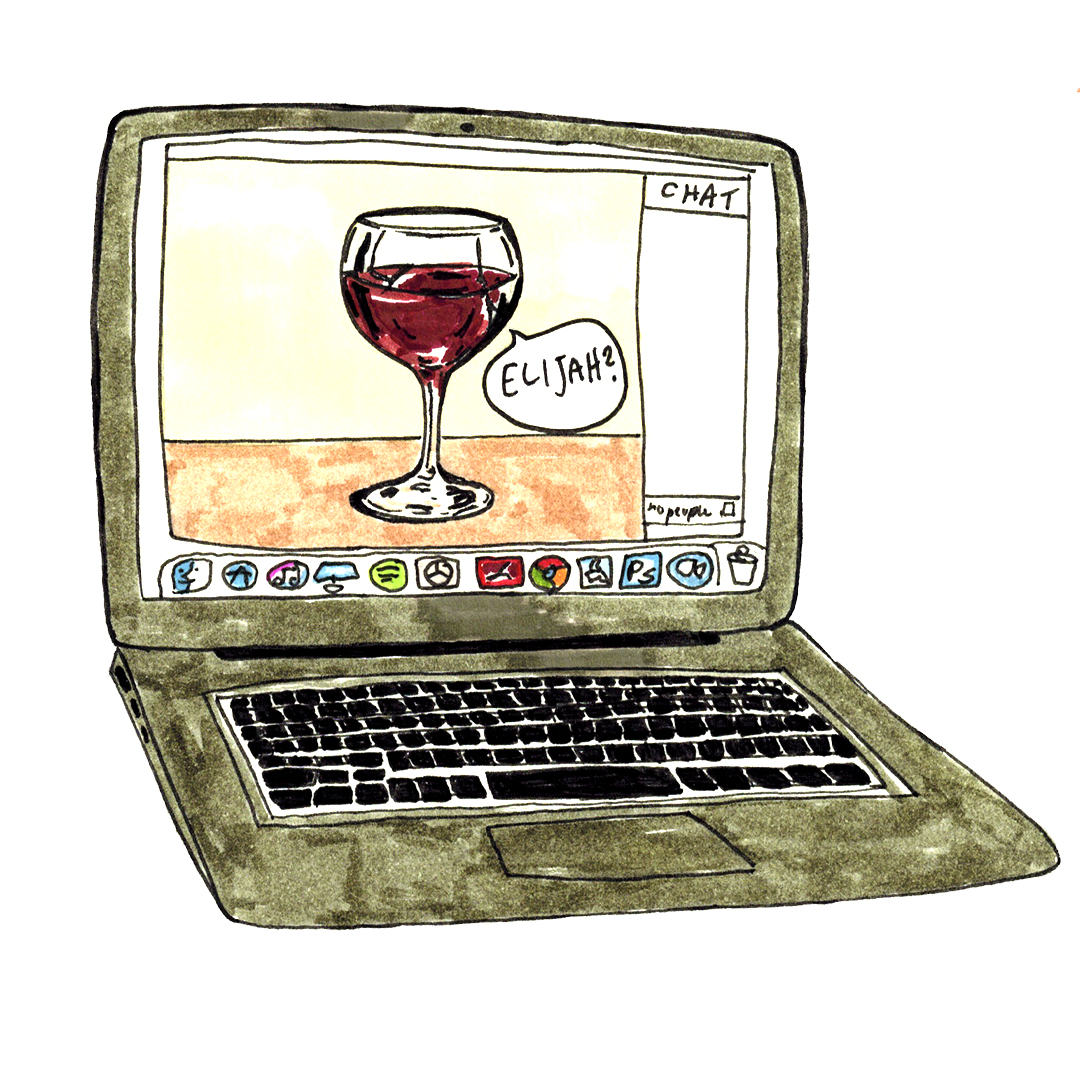
A Note on Elijah
A special cup is filled with wine and stands prominently on the seder table. This is called the cup of Elijah. In the course of the seder, the door will be opened to admit the prophet Elijah. But since it’s unlikely he would actually risk his health by coming in, an active Zoom session should be maintained in full view of the empty glass of wine. Maybe he will join.
All illustrations by Syd Flint. Find her on Instagram @sydflint.
